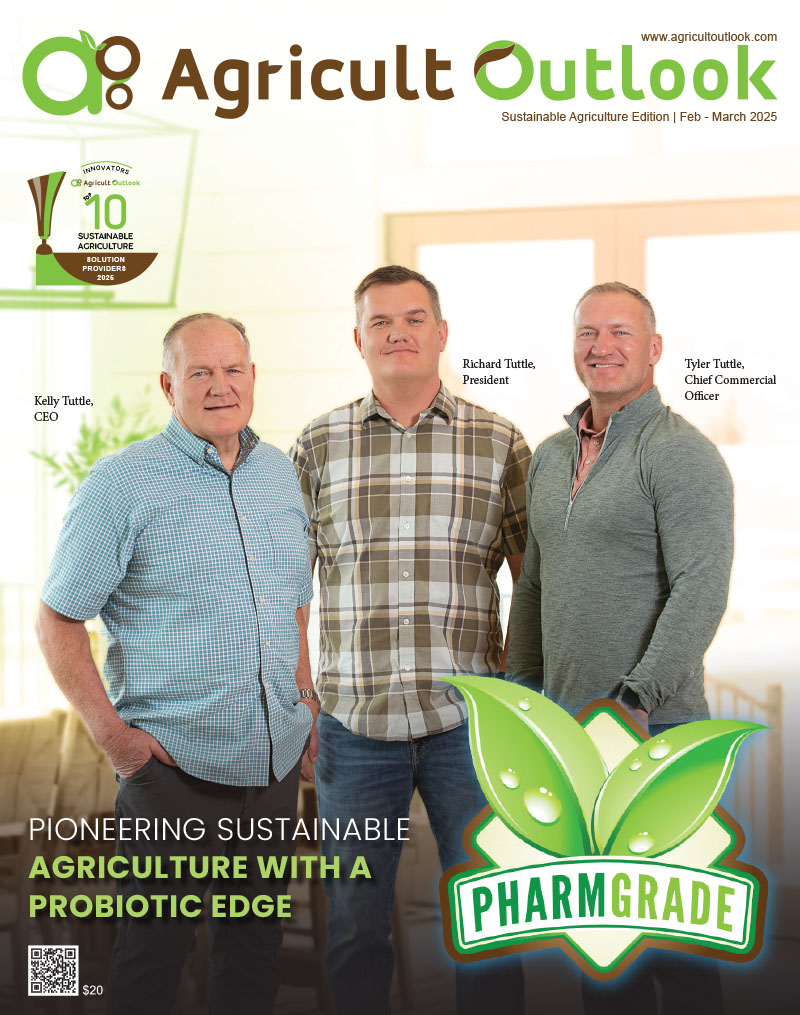Ndustrial, the AI-powered energy intensity platform for industry, has officially announced the launch of what would be a first-of-its-kind Turkey Tracker, which is designed to provide comprehensive information on emissions and costs associated with the farm-to-table journey Thanksgiving turkeys make every year.
To understand the significance of such a development, we must acknowledge how, in US alone, more than 210 million turkeys are produced every single year, with 46 million of those turkeys prepared for Thanksgiving alone. Keeping that in mind, we must also touch on how an average turkey weighs more than 30 pounds, as well as the fact that is shipped over 1,500 miles, using resources starting from the farm to a processing center, then to distribution to retail, and finally to our plates.
Enter the new Turkey Tracker. The stated product basically tracks emissions for a turkey’s trot across the supply chain, something which also serves as a useful indicator for energy waste and costs.
More on the same would reveal how this Ndustrial Turkey Tracker brings forth an assortment of interactive visuals and an associated storyline on a single platter. This involves letting viewers in on relative emissions for each step, along with other findings to unlock insights for businesses and consumers in the context of improving efficiency at every touchpoint.
“Consumers are hungry to understand the environmental impact of their purchasing decisions now more than ever, but want the information to be served up to them on a silver platter. Factors like buying organic; going local; or roasting, smoking or deep-frying are all important considerations, which is why we’ve designed this tool to bring simplicity back to the Thanksgiving dinner table,” said Jason Massey, founder and CEO of Ndustrial.
Talk about the supply chain that this new tracking solution will move through to gauge turkey’s environmental impact, we begin from the moment turkey is moved from farms to processing plants in diesel-powered trucks.
Next up, before they are eventually packaged, turkeys are cooled to 40 degrees F or colder, something which requires a lot of energy of its own. Apart from that, substantial energy amounts are also spent during unloading, processing, palletizing and loading procedures.
Once that bit is done, turkeys are then loaded onto trailers equipped with a Transit Refrigeration Unit (TRU) or reefer, which keeps the trailer cool during processing but at the expense of harmful emissions for the environment. Markedly, deploying electric TRUs may cut down on emissions by as much as 70% during loading and unloading and while parked.
Anyways, upon reaching the warehouse, turkeys are inspected to ensure quality and temperature compliance before being loaded into a blast freezer for 36 hours and then moved to frozen storage at 0 degrees F (-18C).
Now, while no major long-haul routes from the warehouses are currently understood to be electrified, consumers also have to drive, on an average, upto eight miles round trip to bring turkeys home.
Founded in 2015, Ndustrial’s rise up the ranks stems from providing provides software and services to help the $60 billion industrial market combat inflation and climate change. The company’s offerings, at the moment, are geared towards uniting production data with energy usage for some of the most complex, energy-demanding operations in the world. As for its excellence in doing so, that can be understood once you consider Ndustrial has, so far, helped the likes of Lineage, ABB, W.L. Gore (makers of Gore-Tex), and many other industrial leaders avoid over $100M in energy spend to date.
“Ndustrial’s turkey tracker shines an oven light on the critical variables that shape carbon emissions and costs for one of the most popular and symbolic foods in America: the Thanksgiving turkey. It’s stuffed with all of the fowl-facts businesses and consumers need to know about the turkey supply chain, offering insights on ways we can improve the emissions of a turkey’s journey across the U.S.—and that’s something we can all be thankful for,” said Massey.







